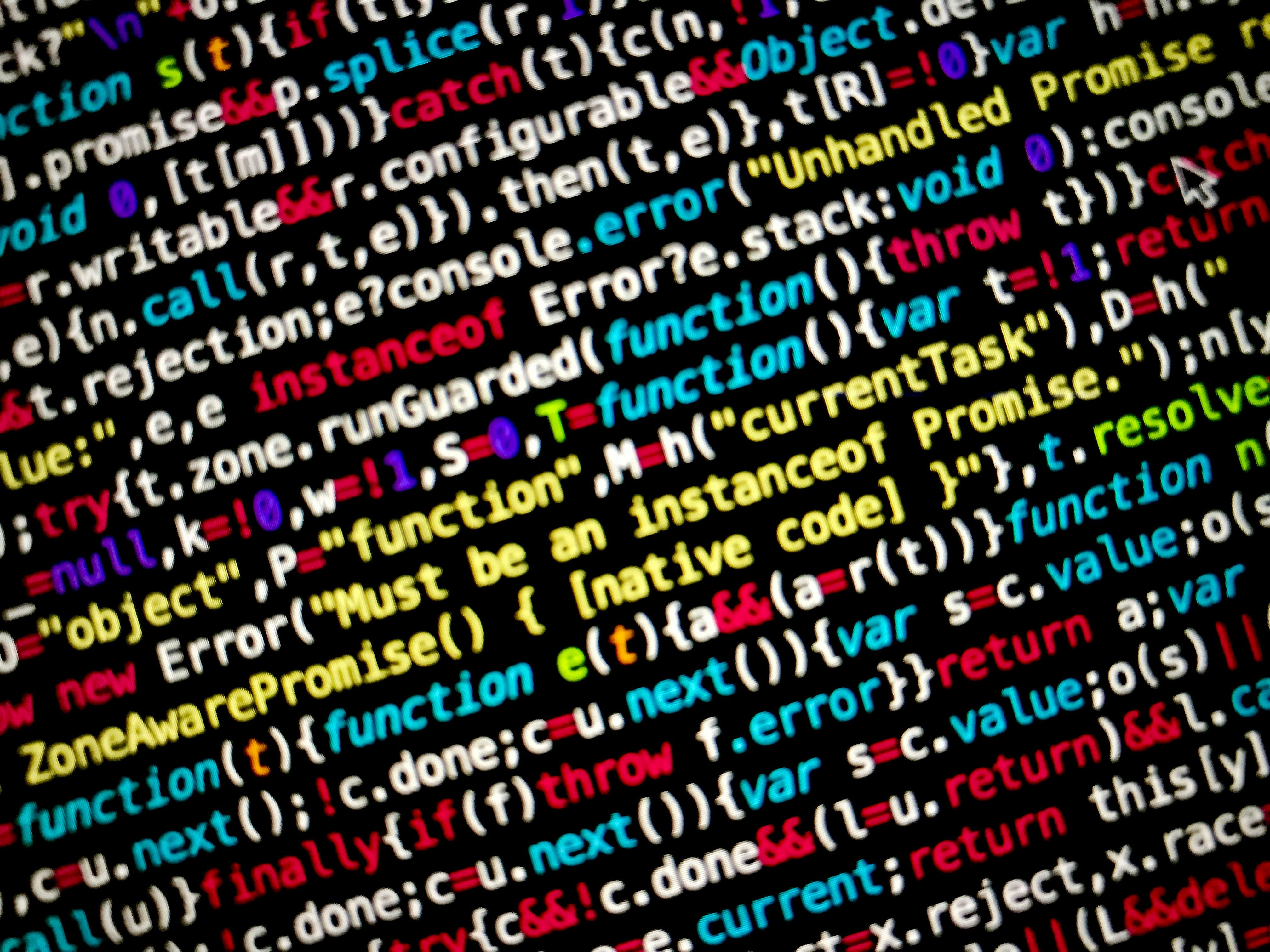Time Frame for App Development: Duration Varies Depending on the Complexity and Features of the Project
"App Dev Time is a Dollar Drainer!"
Ready to launch your groundbreaking innovation? First, understand the cost-time equation of app development!
Your app development schedule significantly impacts your project costs. In the app world, time is money!
But let's be honest, getting a precise timeframe for turning your brilliant app idea into reality is nearly impossible. So, instead, let's explore the main stages of web or mobile app development. Knowing the process will help give you an idea of the average app development time – the closest thing to expert advice.
Before we dive in, there's one fundamental thing you should know: app complexity! Yes, the complexity of your app has a substantial impact on development time and, as a result, costs.
What's the Complexity of Your App?
To create a perfect app, understand first its complexity level because complexity affects the development phase and the timeline you'll face.
More complex features mean longer development periods. Why? App developers must spend time researching technology and pay attention to interactions between app elements while carefully debugging any issues.
Now, let's break down the app complexity levels:
| Basic App | Simple App | Complex App || --- | --- | --- || Has a simple interface | Has custom user interface | Feature-rich user interface || One platform | One platform | Multiple platforms || MVP features | Advanced features | Novel features or requires third-party integrations || No APIs | No APIs or minimal APIs | APIs or complex integrations || Basic data models | Sophisticated data models | New technology or untested tech stack |
Now, let's take a tour of app development stages and the average time for each.
Timeline for Developing Apps: Every Single Step
Planning Stage
App planning and research are critical elements in the app development journey. App developers might need weeks to months to effectively plan a successful app.
Adequate planning avoids costly mistakes and a lengthy, costly app development process. But don't be surprised if developers change the design multiple times until they get it right to meet user expectations.
Issa Daluro, a QA Specialist at Appetiser Apps, described the challenges in planning:
"It's tough when the client isn’t sure about their output or keeps changing things up. And if we miscalculate the timeline for the project, those issues are the biggest obstacles we face. When these situations arise, we simply communicate with our team and the client to clarify our objectives."
One of our product managers, Tovah Otton, shared valuable insights on app planning:
- Explain why you're building the app and what problem it plans to solve.
- Identify target audiences and their usage habits to shape app functionality.
- Conduct market research to understand the current app landscape.
- Research competitive app offerings and design a unique, desirable app.
- Prioritize essential app features as the minimum viable product (MVP).
Learn more about the importance of MVPs by checking out our article on 'Starting Lean with MVP App Development'
Design Stage
Design is a crucial step in app development, and it can vary greatly in length depending on the size and complexity of your project.
At Appetiser, our design process involves:
- Sketching
- Wireframing
- Adding colors
- Branding
- Creating prototypes
With our Baseplate system, we can typically complete this process in less than 8 weeks without putting the quality of the work at risk.
Development Stage
Developers bring the app to life in this phase, and it's usually the longest part of the app development process, often requiring weeks to several months.
App development relies on an iterative, lengthy process that depends on the app's complexity. At Appetiser, we focus on creating the MVP first to effectively prioritize front-end and backend development tasks. This approach supports our agile methodology and guarantees swift, high-quality results.
During the development process, a quality assurance team evaluates app performance at each stage, incorporating user feedback when needed. Optionally, you can also perform beta testing to detect bugs after the app is fully developed.
Flexibility is the key to an efficient app development process! Developing an app is complex, and unexpected delays can occur. So, having a team of skilled and experienced developers helps identify potential problems early, ensuring that your final product is ready for market launch.
So, if you're looking to work with a top app development team, don't hesitate to reach out! Let's collaborate on your app idea!
Find Your Perfect App Developer With Our FREE Comparison Guide
Download Case Study
- In the app development process, understanding the complexity level of your app is crucial, as it significantly impacts the development time and, subsequently, the costs. A complex app with feature-rich user interfaces, multiple platforms, advanced features, and APIs or third-party integrations will require more time for development compared to a basic or simple app.
- To follow an efficient and cost-effective app development strategy, agile development methodologies prove valuable. By focusing on creating a minimum viable product (MVP) first, app developers can effectively prioritize front-end and backend development tasks, utilize an iterative process, and ensure swift, high-quality results in mobile app development, be it for app design or technology implementation.







